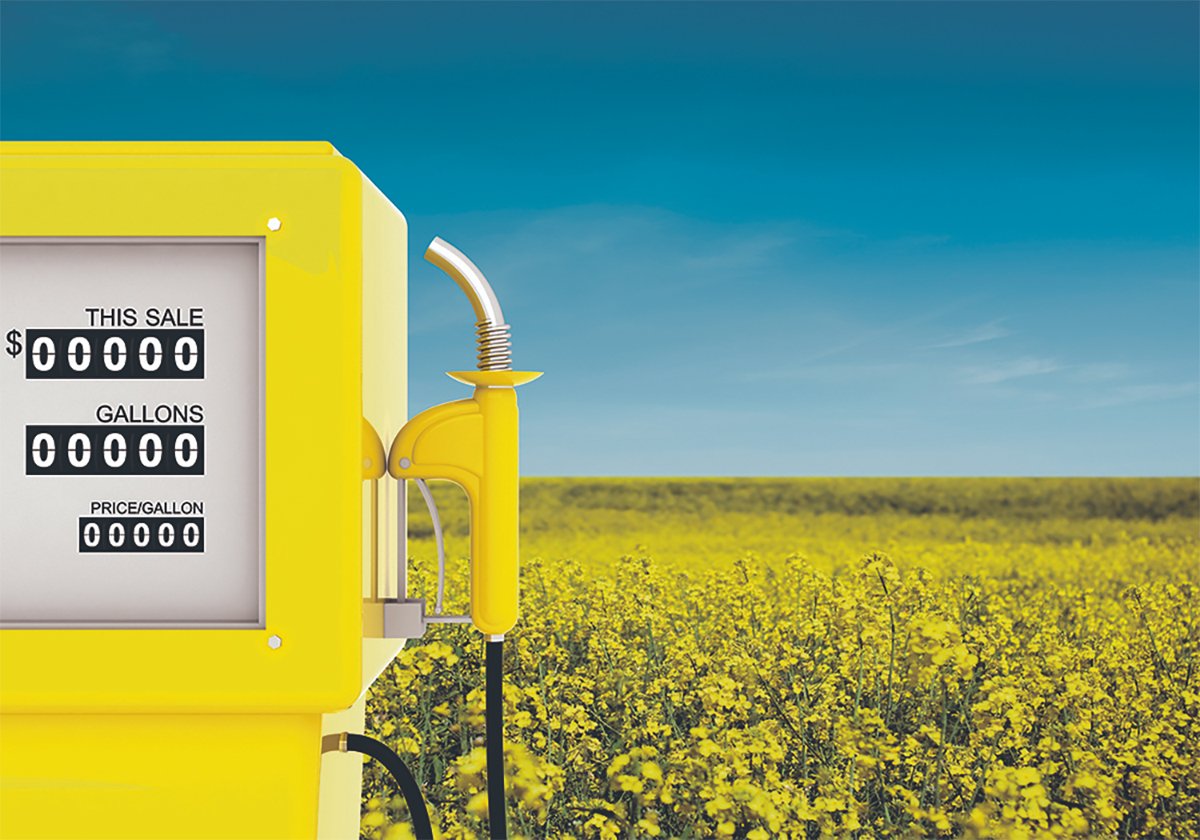Australia’s wheat industry is in a state of chaos, says an Australian consultant with a long history in the grain business.
Robert Cracknell told the International Wheat Quality Conference in Saskatoon last week that the dismantling of single desk marketing in Australia in July 2008 triggered an open market free-for-all, and the results haven’t been good for growers.
Cracknell , who formerly worked for the Australian Wheat Board, said prices to growers have been lower, transportation and shipping have been a mess and customers have reportedly complained about quality.
Read Also

Biofuel sector happy with federal budget
Advanced Biofuels Canada says new Biofuel Production Incentive is a lifeline until CFR amendments are in place.
However, he said perhaps the biggest issue is the private grain trade’s failure to provide many of the services that growers had come to expect under the single desk AWB.
“There were maybe 10 or 12 functions that were routinely undertaken by the AWB as part of its single desk responsibilities and they were all identified as being a benefit to growers and industry as a whole,” he said in an interview after his presentation.
“But once deregulation took place, the AWB stopped doing all that work.”
Some services have continued to operate without interruption, such as the administration of regulations and rules governing variety classifications and grade standards.
However, many have been left to the industry to take over, Cracknell said, and in many cases that hasn’t happened, including strategic planning, logistical co-ordination, research and development, technical market support, product branding and market promotion.
“Promotion has been a major casualty,” he said.
“The AWB ran significant market promotion programs, like Canada and the U.S., but it’s simply not being done by the industry.”
Another big issue has been the lack of co-ordination of transportation and port loading programs.
As the sole exporter, the AWB was able to plan its shipping programs to make the most efficient use of capacity at various ports, Cracknell said.
“Now it’s a free for all. Some owners of grain and bulk handlers are actually auctioning off positions in the queue for loading at port.”
Twenty-three Australian grain companies have entered the wheat exporting business during the past year.
While some are well-established domestic and international companies, others are firms with limited marketing and technical experience in the wheat business.
“They’re organizations that have been involved in marketing other grains in the past,” Cracknell said. “I suspect not too many of them will be around for long.”
He said he expects to see internal consolidation in the Australian industry, along with possibly more foreign takeover bids such as Viterra’s attempt to buy ABB Grain Ltd.
“It’s a very untenable situation in our industry right now,” he said.
If Canada’s wheat system was to be deregulated, Cracknell added, producers might find themselves in the same situation in terms of loss of services and functions they take for granted under the Canadian Wheat Board’s single desk.
Producers would have to set aside their ideological and political differences, he said, and work together to ensure those vital services are maintained.
He told the meeting that the large commercial farmers who led the push for deregulation are probably satisfied with the outcome, but there have been complaints from average farmers.














